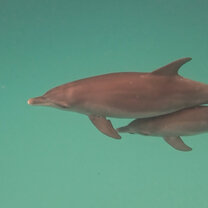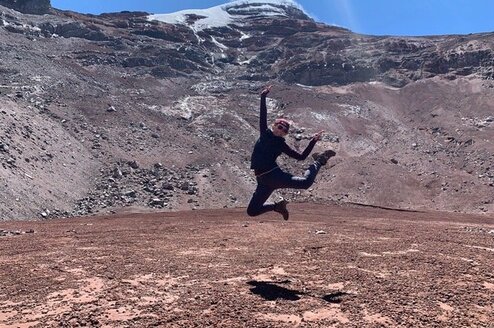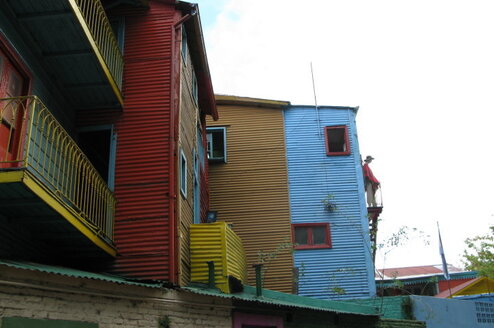SIT Study Abroad: Tanzania: Zanzibar Coastal Ecology and Natural Resource Management
- Tanzania
- Zanzibar
- Dar es Salaam
About Program
Zanzibar’s extensive shoreline, unique flora and fauna, and tropical climate are ideal for exploring conservation and management of coral reefs, inter-tidal zones, and mangrove and terrestrial forests. From your coastal base in Stone Town, a UNESCO World Heritage Site, gain a deeper understanding of the human-environment interface in the tropics, biodiversity, conservation areas, environmental challenges, and ecotourism projects.
Study rare or endemic species such as the hawksbill sea turtle, Pemba flying fox, and Zanzibar red colobus monkey. Observe wildlife at Jozani-Chwaka Bay National Park and snorkel at Chumbe and Misali islands and Pange Sandbar. Meet officials at Zanzibar’s Department of Forestry, the Institute of Marine Sciences, and the University of Dar es Salaam to hear their perspectives about natural resource management.
Video and Photos
Diversity & Inclusion 💙
BIPOC Support
LGBTQIA+ Support
Neurodivergent Support
Accessibility Support
Program Highlights
- Delve deeply into ecosystems of the Indian Ocean and the islands of Tanzania-Zanzibar.
- Learn marine and terrestrial field methodologies on Unguja and Pemba islands.
- Study conservation and the sustainability of coral reefs, coastal forests, and vulnerable fauna, including hawksbill sea turtles and the Zanzibar red colobus monkey.
- Observe rare and endangered wildlife, such as the Pemba sunbird and coconut crabs.











